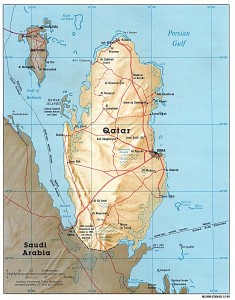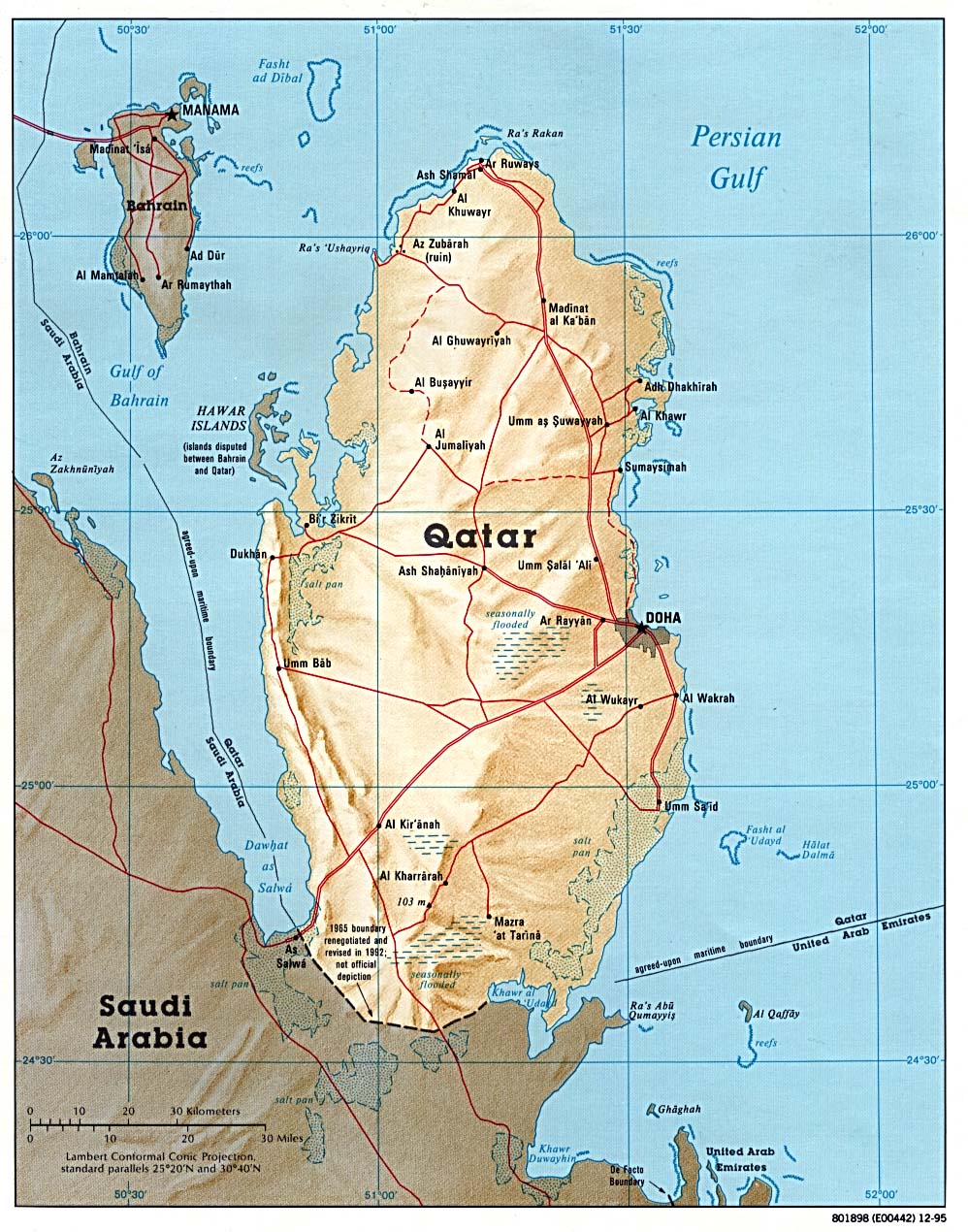 Yesterday, 18th September, the Cairo Institute for Human Rights Studies (CIHRS) in cooperation with the Gulf Center for Human Rights (GCHR) presented an oral intervention before the UN Human Rights Council on the Qatari government’s response to the UN recommendations with regard to its Universal Periodic Review (UPR). The intervention comes as part of the deliberations of the 27th session of the Council, currently convened in Geneva.
Yesterday, 18th September, the Cairo Institute for Human Rights Studies (CIHRS) in cooperation with the Gulf Center for Human Rights (GCHR) presented an oral intervention before the UN Human Rights Council on the Qatari government’s response to the UN recommendations with regard to its Universal Periodic Review (UPR). The intervention comes as part of the deliberations of the 27th session of the Council, currently convened in Geneva.
During the intervention, CIHRS and GCHR strongly condemned the refusal of the government of Qatar to accept a large majority of recommendations put forward, including almost all recommendations calling for respect of freedom of expression, freedom of assembly and freedom of association. Nevertheless, it is important to mention that Qatar for accepted several recommendations to improve the condition of migrant workers.
CIHRS and GCHR highlighted the deteriorating human rights situation in Qatar: journalists that investigate human rights violations disappear, poets that insult the Emir serve decades in prison, and human rights defenders are harassed, threatened and imprisoned on a regular basis. In addition, the Qatari government, only a couple of days ago, passed a cybercrimes law that stipulates heavy fines and long prison sentences for anyone that is found “[jeopardizing] the safety of the state, its general order, and its local or international peace” by spreading or publishing “false news through any means.”
CIHRS and GCHR also denounced the Qatari government’s refusal to accept any recommendations to sign or ratify international human rights treaties. They believe this unwillingness to begin a process of addressing grave human rights violations or increasing its commitment to international human rights norms should cast doubt on Qatar’s qualifications to be a member of the Human Rights Council, after the end of its membership last June.
The Universal Periodic Review (UPR) is a UN instrument that involves a review of the status of human rights in every UN member-state once every four and half years. The review is then followed by specific recommendations on how to improve the status of human rights. During this session, 27th Qatar underwent its Universal Periodic Review.
Share this Post

